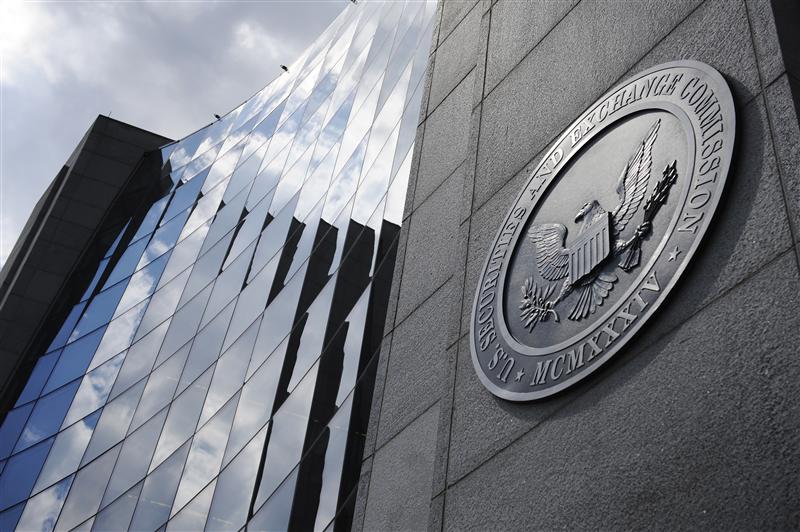

The crypto industry’s push to wrest jurisdiction away from the Securities and Exchange Commission is gaining momentum in a proposal by a bipartisan group of House lawmakers.
Republican Reps. Glenn Thompson of Pennsylvania and Tom Emmer of Minnesota joined Democratic Reps. Darren Soto of Florida and Ro Khanna of California to re-up a plan on Thursday that would bring exchanges that offer digital assets like Bitcoin directly under the Commodity Futures Trading Commission’s purview.
The CFTC’s jurisdiction is now largely limited to crypto futures, and the SEC has upset coin enthusiasts by asserting that its stricter investor protection rules should apply.
The legislation is the latest in a hodgepodge of crypto bills that lawmakers have introduced in the House and Senate in recent months. Notably, the new bipartisan proposal would define many tokens as “digital commodities,” a tag that would place them out of the SEC’s reach. Crypto assets used to invest in or buy a piece of a business would remain under the securities regulator’s jurisdiction, according to a summary of the bill.
Crypto platforms including Coinbase Global Inc. have spent much of the last year clashing with SEC Chair Gary Gensler over his attempts to crack down on the industry. Gensler has repeatedly said that many of the coins the venues offer are securities, meaning that exchanges should be registered with his agency.
Meanwhile, CFTC Chairman Rostin Behnam has said his agency is poised to take on an expanded oversight role -- a shift that many in industry say they would welcome.
The bill introduced Thursday would make it optional for exchanges to register with the CFTC. However, platforms would have to do so to be able to offer leveraged trading or to list for sale so-called digital commodities that were distributed to individuals before being available to the public.
Thompson and Khanna are both on the House Agriculture Committee, which oversees the CFTC. All four members are part of the Congressional Blockchain Caucus.

Chasing productivity is one thing, but when you're cutting corners, missing details, and making mistakes, it's time to take a step back.

It is not clear how many employees will be affected, but none of the private partnership’s 20,000 financial advisors will see their jobs at risk.

The historic summer sitting saw a roughly two-thirds pass rate, with most CFP hopefuls falling in the under-40 age group.

"The greed and deception of this Ponzi scheme has resulted in the same way they have throughout history," said Daniel Brubaker, U.S. Postal Inspection Service inspector in charge.

Elsewhere, an advisor formerly with a Commonwealth affiliate firm is launching her own independent practice with an Osaic OSJ.
Stan Gregor, Chairman & CEO of Summit Financial Holdings, explores how RIAs can meet growing demand for family office-style services among mass affluent clients through tax-first planning, technology, and collaboration—positioning firms for long-term success
Chris Vizzi, Co-Founder & Partner of South Coast Investment Advisors, LLC, shares how 2025 estate tax changes—$13.99M per person—offer more than tax savings. Learn how to pass on purpose, values, and vision to unite generations and give wealth lasting meaning
